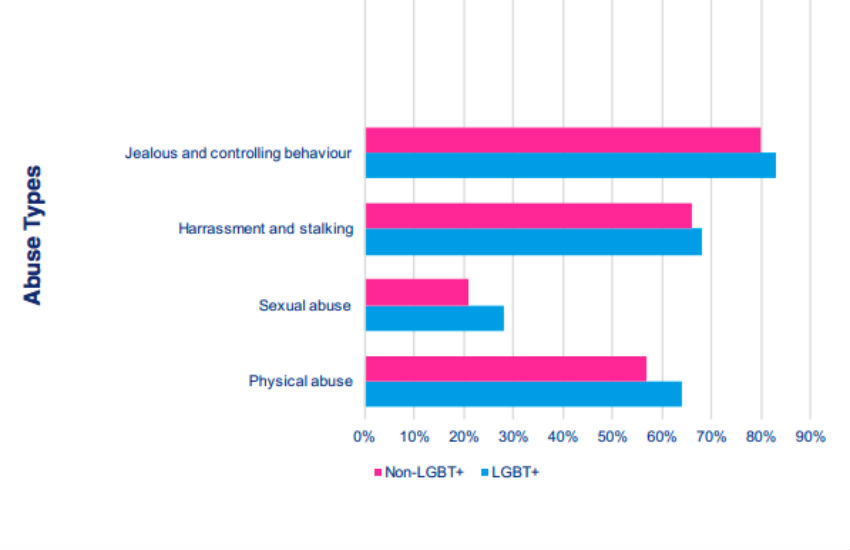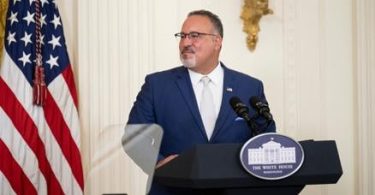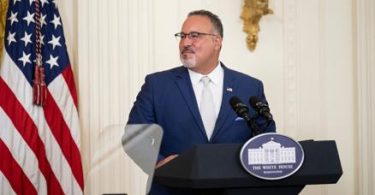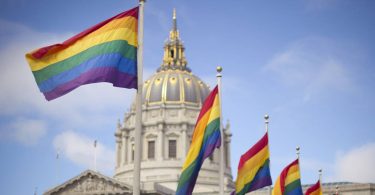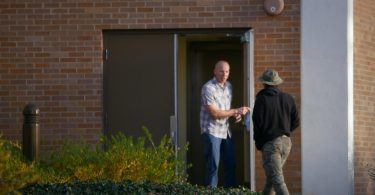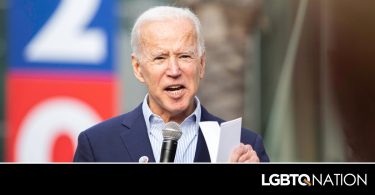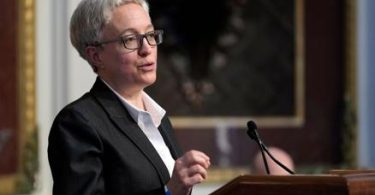Gay Star News is launching an online resource for international LGBTI people experiencing domestic abuse.
During this dedicated content series, we’re giving power to survivors of domestic abuse. We’ll also offer helpful links in contacting relevant services in your area if you need them – scroll down for our global list.
Domestic abuse takes many forms, and it does not always mean someone violently attacking their partner. Emotional manipulation, financial control and family abuse may not always be obvious, but it’s still damaging.
Across the season, we’ll meet people like a young man kicked out of his home by religious parents after coming out and a lesbian asylum seeker who fled Uganda, but came to the UK and experienced domestic abuse.
What is domestic abuse?
It’s important to note domestic abuse disproportionately affects women.
According to the Office of National Statistics report, one in four women are likely to experience it in their lifetime.
It also has a huge effect on lesbian, gay and bisexual people.
Earlier this year, Stonewall found one in ten (roughly 11%) LGBT people experienced incidences of domestic abuse from a partner this year.
This number jumps to 19% for trans and non-binary people.
These figures compare to 6% of women and 3% of men in the general population.
SafeLives published a report on LGBTI people experiencing domestic abuse on Tuesday (11 September) called Free to be Safe.
The report states LGBTI survivors of domestic abuse are almost twice as likely to attempt suicide than non-LGBTI people. They’re also more likely to experience controlling behaviour, harassment, sexual abuse and physical abuse.
Free to be Safe report. | Photo: SafeLives
The Stonewall results also show one in six (16%) young LGBT people (18-24) have experienced domestic abuse from a partner in the last year.
Black, Asian and minority ethnic LGBT people are also more likely than white people to experience domestic abuse.
Furthermore, 15% of disabled LGBT people said they’ve experienced domestic abuse in the last year.
Domestic violence vs Domestic abuse
Some people may refer to it as domestic violence. But according to experts in the field, ‘domestic abuse’ is more all-encompassing.
‘Domestic violence’ also implies the act is simply physical, but it is not.
There are many different types of domestic abuse and a few different types of people can perpetrate it. These include an intimate partner, ex-partner or family member.
The abuse can encompass – but is not limited to – psychological, physical, sexual, financial and emotional.
‘Coercive control’ is also classified as domestic abuse. It’s a pattern of behaviour which seeks to make someone feel controlled, dependent, isolated or scared.
This could be in the form of isolating someone from their friends, repeatedly putting someone down and threats or blackmail.
Domestic abuse can even include things liked forced marriages, honor-based violence or exorcisms.
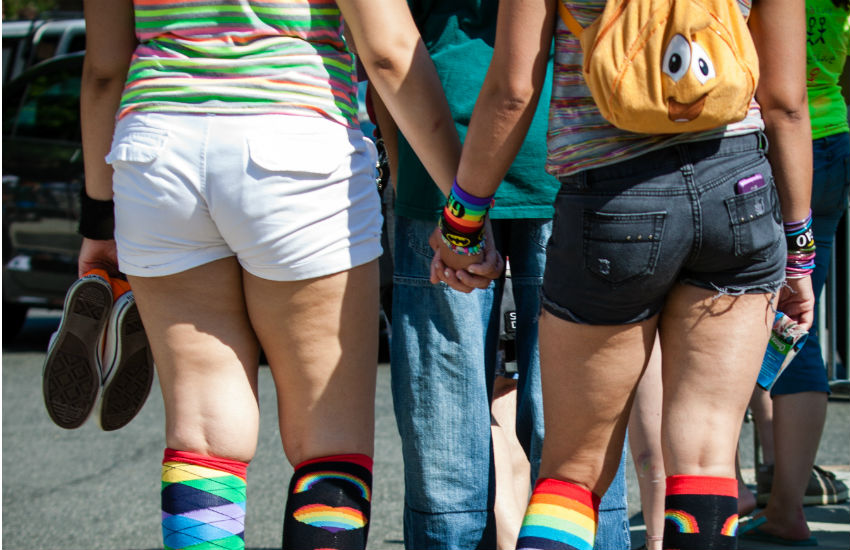
Photo: ep_jhu / Flickr
It can also include digital abuse. According to the US National Domestic Violence Hotline, it’s ‘the use of technologies such as texting and social networking to bully, harass, stalk or intimidate’ a partner or family member.
(Visit the National Domestic Abuse Hotline website for a full check list).
Peter Kelley is the Services Manager at Galop – the UK’s leading domestic abuse charity for LGBTI people.
He told Gay Star News: ‘It’s never your fault if you are being abused, no matter what anyone else may say!’
Kelley compiled a step-by-step guide for people to recognize the warning signs of domestic abuse.
LGBTI domestic abuse
Mark Delacour was the Development and Engagement Manager for Broken Rainbow – an LGBTI domestic abuse charity that shut down in 2016.
He is now Head of Communications for METRO – a domestic abuse charity for LGBT women in south-west London.
He told Gay Star News: ‘Domestic abuse is still something that remains a taboo in our communities.
‘It comes with an assumption that abuse in a domestic context can only be something that would happen in a heterosexual relationship where the man is the perpetrator and the woman the victim. Also that domestic violence is just between partners.
‘But this simply isn’t true.
‘Everyone across our wonderfully diverse spectrum of gender identity and sexuality can unfortunately be abusive. With partners or family members, using psychological, sexual, physical, financial and emotional ways of exerting inappropriate control in relationships,’ he said.
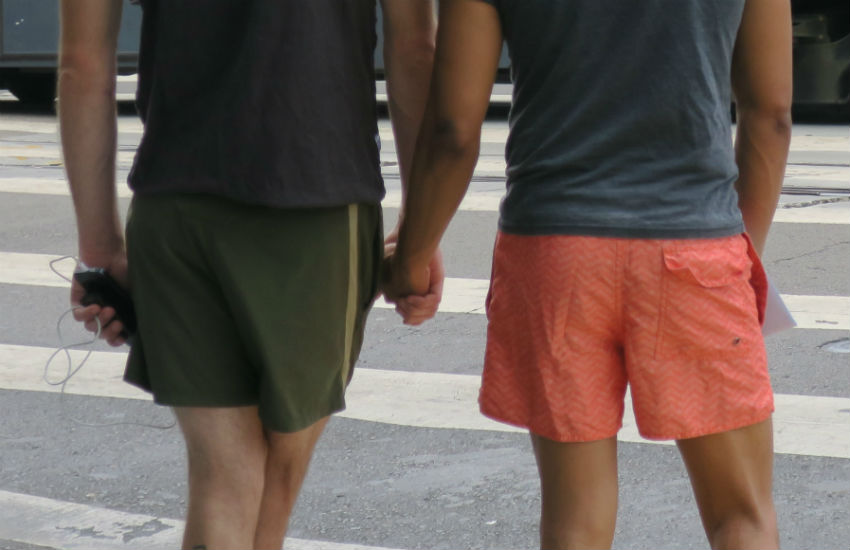
Photo: torbakhopper / Flickr
Delacour said ‘serious internal issues’ led to Broken Rainbow shutting down. Many feared its vital helpline would also cease to exist, but LGBTI domestic abuse charity Galop took the reins.
During this content series, Gay Star News is working closely with Galop, SafeLives, Women’s Aid and METRO.
–––
If you are experiencing any signs of domestic abuse, remember – you’re not alone.
Are you in the US? Contact The Anti-Violence Project hotline: 1-212-714-1141
Are you in the UK? Contact Galop, who run the National LGBT Domestic Abuse Helpline: 0800 999 5428
If you want to share your story of domestic abuse, please contact James Besanvalle or Joe Morgan.
Here’s a list of global support services for LGBTI people (in alphabetical order)
Australia
QLife
LGBT counselling and support. Call 1800 184 527 between 3pm-midnight or chat and order resources via qlife.org.au.
The Samaritans
Suicide and crisis prevention hotline – call 135 247 from within Australia or check thesamaritans.org.au
MINUS18
Mental health support and mentoring for LGBTI youth: minus18.org.au
Lifeline
Suicide prevention and crisis support for all Australians: lifeline.org.au
Call free on 13 11 14 from within Australia.
Suicide Call Back Service
Not specifically LGBTI, but LGBTI-friendly: Call 1300 659 467 if out of hours and in need.
Twenty10
LGBTI counselling and support in New South Wales twenty10.org.au
Call: 02 8594 9555.
Victoria AIDS Council
Comprehensive information on all matters of sexual health for LGBTI communities: vac.org.au
Bangladesh
Bandhu Social Welfare Society
The website states: ‘Bandhu Social Welfare Society offers counselling services, general physical and emotional wellbeing and support and they have a legal support officer.’ Phone 01675130045 or 0171663667 and email [email protected]
Brazil
CVV Suicide Hotline
Call 141 from within Brazil – operates 24 hours a day, seven days a week. Operated by Centro de Valorização da Vida cvv.org.br (Facebook CVV141)
Canada
LGBT Youthline
Call toll free on 1-800-268-9688 or text 647-694-4275 – and check youthline.ca
PFLAGCanada
Helping LGBTI people, the questioning and their families. Call toll-free on 1-888-530-6777 or check pflagcanada.ca for resources.
Trans Lifeline
For transgender people in a crisis, whether struggling with gender identity or thoughts of self-harm. Call 877-330-6366 within Canada. Translifeline.org
China
Beijing Suicide Research and Prevention Center
Beijing psychological assistance hotline – 座机用户请拨 (landline users call) 800-810-1117
手机用户请拨 (cell phone users) 010-82951332. www.crisis.org.cn
China women and children psychological counseling hotline
4006012338 中国妇女儿童心理咨询热线 114best.com/tel/12338
Beijing LGBT Centre: www.bjlgbtcenter.org.cn
Hong Kong – Rainbow of HK: rainbowhk.org/en-emergency
Germany
Lesben-und Schwulenverband in Deutschland (LSVD)
The largest LGBTI rights group in Germany. Reach out via their contacts page.
Greece
Psychological Helpline for LGBTQI+ people, their families & educators
‘11528-By Your Side’ offers psychological support to LGBTQI people, family, educational community and any individual who wonders and looking for scientific answers, about sexual orientation and gender identity. Staff speak English, French, Spanish and Greek. ‘11528-By Your Side’ helpline operates Monday to Friday from 11:00 to 21:00 (except public holidays) www.11528.gr
India
Sangama
Telephone +91 099 4560 1651/52 and Sangama
The Humsafar Trust
Mumbai-based NGO working with LGBT issues, counselling, sexual health. Drop-In Centre for gay men and lesbians. Meets on Friday 6pm to 9pm. Telephone +91 022- 26673800 or email [email protected].
Sappho for Equality
Kolkata-based charity for lesbian, bisexual and transgender women ‘who are feeling unsafe, alone, under pressure, socially ostracized and need counseling’. Helpline: +91 33 2441 9995 (12pm – 8pm, except Mondays)
Ireland
Gender Identity Family Support Line
Telephone 01 907 3707 – check Transgender Equality Network Ireland (TENI) for more information –
www.teni.ie
New Zealand
OUTLine: Call 0800 688 5463 10am to 9pm weekdays, 6pm – 9pm weekends. ‘Our volunteers welcome your call to discuss topics around sexuality, gender identity and diverse sex characteristics.’ Website: outline.org.nz
Nigeria
The Initiative for Equal Rights
For the mainland office, phone +234-8125549015 or for the Lekki office phone +234-8099111134. Email via their contacts page.
House of Rainbow
London-based charity for LGBTI Nigerians seeking advice on sexual health, hate crimes or counseling. Email [email protected] or telephone +447521130179
Russia
LGBT Network
Emergency advice and support – 8-800-555-73-74 and lgbtnet.org
Rainbow House Hotline Russia LGBT Network
Call free within Russia on 8-800-555-08-68. Offering support, legal advice and counselling. радужныйдом.рф
Singapore
Oogachaga
Counselling services for the LGBTQ community by phone 6226 2002/ Whatsapp 8592 0609 (Tue, Wed and Thu: 7pm–10pm, Sat: 2pm–5pm) and email [email protected] – website: oogachaga.lgbt
South Africa
OUT
Helping LGBTI communities for over 21 years. You can access the helpline Monday-Friday during office hours by dialing 0860 OUT OUT (0860 688 688). Reverse charge calls are accepted. out.org.za
Taiwan
Taiwan Tongzhi Hotline Association: https://hotline.org.tw
Uganda
See the Invisible Helpline
See the Invisible (seetheinvisible.ug) is a campaign to highlight mental health issues. It includes a helpline for those dealing with depression and other mental health issues, run in conjunction with SMUG (Sexual Minorities Uganda): 0312 319 310
SMUG
Sexual Minorities Uganda – sexualminoritiesuganda.com: 0392 174 432.
United Kingdom
Antidote
Drug and alcohol advice for LGBTI communities – call 020 7833 1674 during office hours. LondonFriend.org.uk
Childline
Long-running service operated by the NSPCC for anyone under 18 wishing to discuss any issues or problems. Call free from within UK on 0800 1111. childline.org.uk
Galop
Anti-violence LGBT charity Galop runs the National LGBT Domestic Abuse Helpline – 0800 999 5428.
LGBT Switchboard
UK’s longest running advice and support switchboard for LGBT people. Call free from within the UK on 0300-330 0630 or check switchboard.lgbt
London Friend
Social and support groups for LGBTI people: londonfriend.org.uk
Mermaids
Excellent resource and support for young people questioning their gender identity or seeking support with trans issues. Call 0344 334 0550, email [email protected] or check mermaidsuk.org.uk
Notts LGBT+ Network
Staffed Mon-Fri 7-9.15pm. Call 0115 9348485 or text 07481 344040. Email [email protected]. www.nottslgbt.com
Samaritans
Call 116 123 from within UK or Republic of Ireland or email [email protected]
United States
GLBThotline
Call 1-888-843-4564 or check glbthotline.org for online chat and other hotline numbers.
JQ International
A resource and social service referral line for LGBTQ Jews, their families, and allies. 855-JQI-HLPS (855-574-4577) – [email protected]. Website: jqinternational.org
The Trevor Project
Crisis intervention and suicide prevention: thetrevorproject.org – 1-866-488-7386
National Suicide Prevention Helpline
Offers advice and support to anyone feeling suicidal, for families or loved ones. 1-800-273-TALK (8255)
Trans Lifeline
For transgender people in a crisis, from struggling with gender identity to thoughts of self-harm. Call 877-565-8860 from within the US. Translifeline.org
The Gay & Lesbian Switchboard of New York
Long-running helpline providing peer support and information: 212-989-0999
Fenway Health Helpline
Information, help, and referrals to LGBTI callers (25+): 617-267-9001 or toll-free 888-340-452 – fenwayhealth.org. Under 25s can call 617-267-2535 or toll-free on 800-399-PEER. Fenway Health is based in Boston, Massachusetts.
SAGE – LGBT Elder Hotline
Peer-to-peer support for LGBT elders – 1-888-234-SAGE. sageusa.org
Know of other helplines? Let us know by emailing [email protected]

